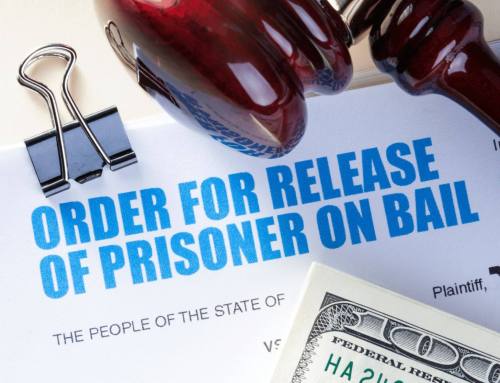Constitutional protection refers to those basic protections guaranteed by the U.S. Constitution. The protection stated in the constitution is part of those protections in the Bill of Rights.
The Eighth Amendment
This amendment in the U.S. Constitution is part of the Bill of Rights. It prohibits the Federal Government from imposing excessive bail, or fines, cruel and/or unusual punishment, inclusive of torture.
While bail isn’t always a guarantee, as certain crimes it isn’t allowed per the Eighth Amendment, it’s protected by this same Amendment. It protects the people that require the bail to be released from jail to prepare their defense. Protection from excessive bail and/or fines also makes sure there are enough funds and/or collateral available to be able to pay for the defense fund if required. It’s known throughout history that paying for a defense isn’t cheap, especially with a serious charge.
Why is Bail Constitutionally Protected?
Bail is also protected by the constitution because in previous history it wasn’t. Since back in the day Sherriffs were the one to make the decision on fines and punishments, and they had a tendency to abuse their power, Parliament decided in 1275 that they would pass a statute that there would be bailable and non-bailable offenses.
Of course as always, technicalities in the laws were found and exploited keeping people imprisoned without bail even if the offense was bailable. These loopholes were eventually closed by the Habeas Corpus Act of 1679.
Finally judges were required to set bail, but then started setting impossible amounts of bail to achieve and were completely impractical. In 1689 the English Bill of Rights was adopted. However the Eighth Amendment was adopted into the Bill of Rights in 1791 and is almost identical to the English Bill of Rights of 1689. The English Bill of Rights of 1689 changed that as it stated “excessive bail ought not be required”. Although it never did describe what “excessive” meant, nor did it describe what is or isn’t a bailable offense. The Eighth Amendment has been interpreted to mean the bail should meet the offense.






